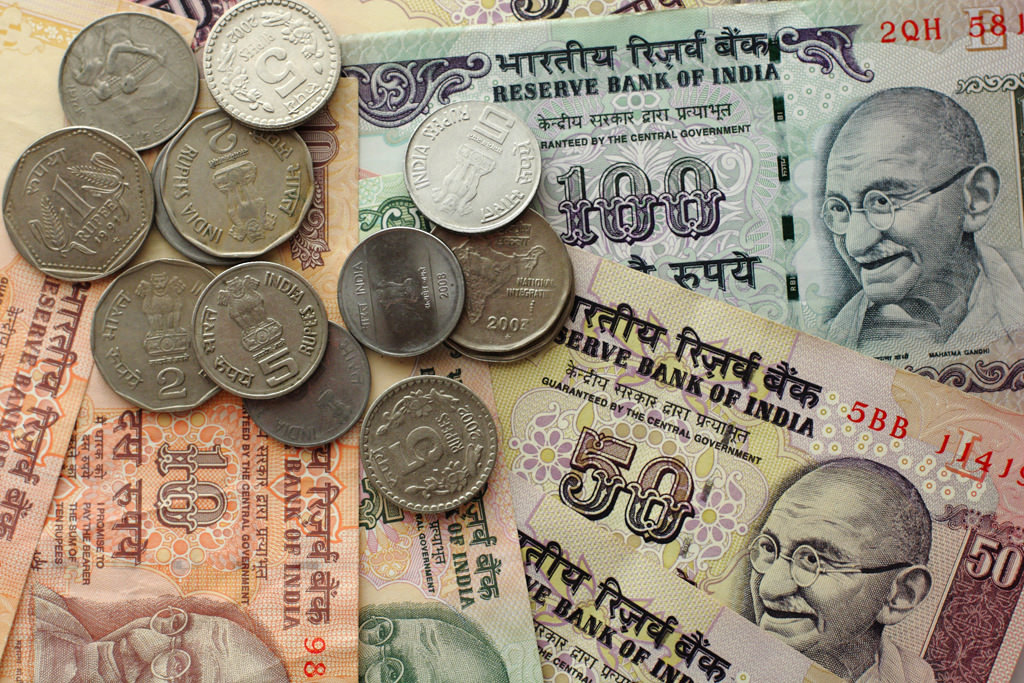
Reserve Bank of India Pressed for Clarification on Virtual Currency
Indian bitcoin enthusiast Venugopal Badaravada has pressed the Reserve Bank of India (RBI) for clarification after the regulatory body issued a virtual currency warning on 24th December 2013.
Cyber law consultant, Na ‘Naavi’ Vijayashankar, who is based in Bangalore, made the representation to the RBI on behalf of Badaravada.
“What we have [said to] the RBI is that they cannot leave the question of acceptance of bitcoin hanging. Whether the RBI agrees to accept it, or they are opposed to the concept of bitcoins, is something they need to clarify,” Vijayashankar said.
The December advisory cautioned citizens on the volatility of all virtual currencies and alluded to the legitimacy of bitcoin. The final paragraph of the notice read:
Vijayashankar filed the representation on 7th January to seek clarification on the legal status of bitcoin in the country. He has not heard back within the statutory 30-day period, he said.
“They won’t come up with a clarification unless they are forced to. I was not actually expecting them to give response,” admitted Vijayashankar on 7th February, the deadline for the RBI reply.
The next step is to appeal to a higher level of judiciary in the effort to press the RBI for a clear-cut stand on virtual currency, he said. The courts are likely to give some more time to the RBI to formulate a response.
Vijayashankar expects this process to drag on for several months. In the meantime, the uncertainty around bitcoin is adversely affecting the popularity of the digital currency in India.
“Remaining silent, they are not allowing the industry to invest and go ahead with the business, or seek any further clarifications from a higher court,” said Vijayashankar.
Putting the brakes on
Following the notice in December, not only were bitcoin exchanges shut down – some only temporarily – but new users grew wary of using bitcoin.
George Jacob is a consultant for weRwired, a geospatial, security and entertainment consulting company based in Bangalore. He is one of four merchants in the area that are ready and willing to accept bitcoin.
Jacob almost received his first cryptocurrency payment from a client last month, but they decided to pay him in fiat currency instead, after the RBI’s off-putting announcement. Jacob said:
Potential for regulation
Whether RBI has the authority to regulate bitcoin is also being actively discussed. Lawyer Vipul Kharbanda wrote a paper claiming it would be tricky for the Indian government to ban bitcoin.
He makes the case that, because bitcoin does not fit the “vanilla” definitions of currency or securities in India, the RBI or the Securities and Exchange Board of India cannot regulate it.
“However, there is a potential of it being regulated by the RBI or the Securities and Exchange Board because they do have the power to notify it as a security or a currency,” said Kharbanda.
While many members of the Indian bitcoin community are waiting for RBI’s next move, bitcoin entrepreneur and organiser of the Bangalore Bitcoin Creativity Crew, Benson Samuel, says that these efforts may be misplaced.
“I can’t really see what an answer would be because we all know this is a technology that can’t really be controlled, monitored or regulated,” said Samuel. He added:
Vijayashankar said he is likely to take the claim for clarification to the higher courts early next week (commencing 10th February).
Currency image via Shutterstock
DISCLOSURE
The leader in news and information on cryptocurrency, digital assets and the future of money, CoinDesk is a media outlet that strives for the highest journalistic standards and abides by a strict set of editorial policies. CoinDesk is an independent operating subsidiary of Digital Currency Group, which invests in cryptocurrencies and blockchain startups. As part of their compensation, certain CoinDesk employees, including editorial employees, may receive exposure to DCG equity in the form of stock appreciation rights, which vest over a multi-year period. CoinDesk journalists are not allowed to purchase stock outright in DCG.


